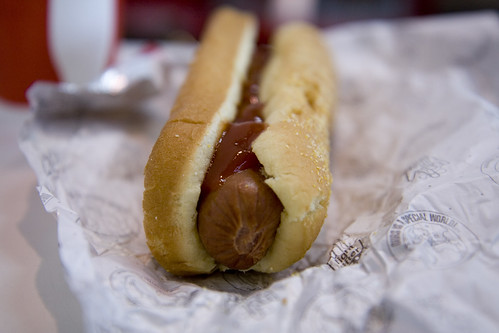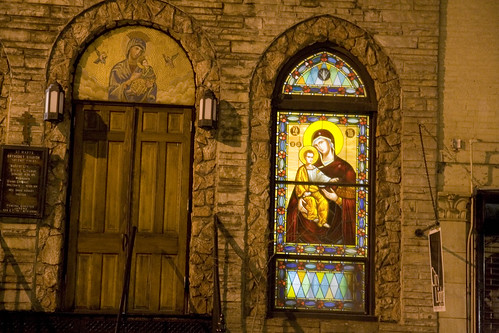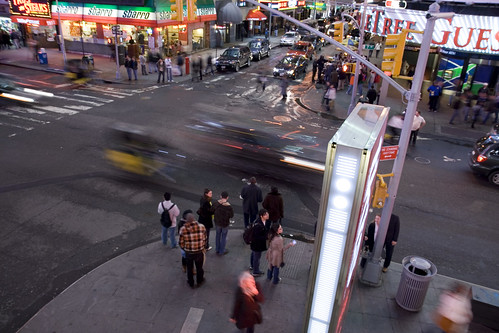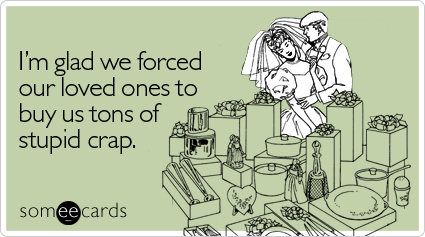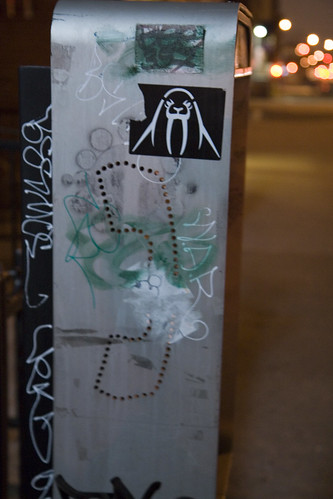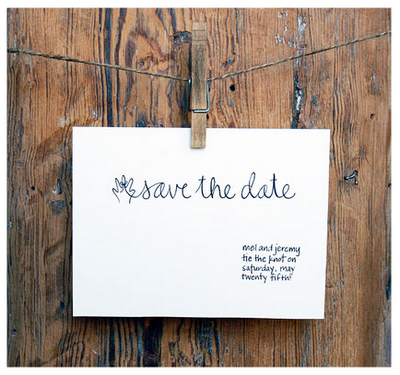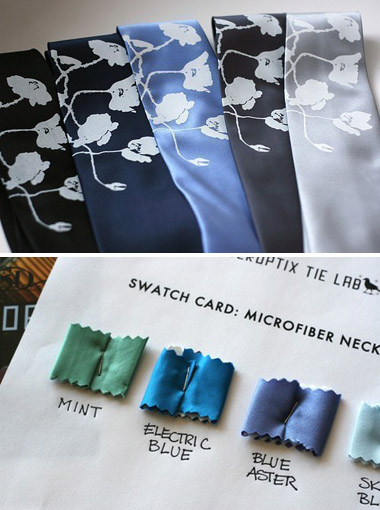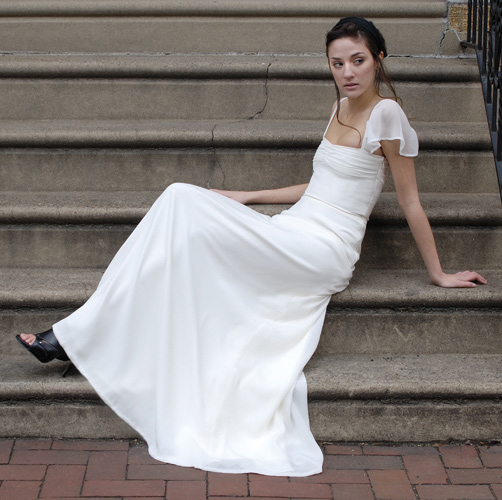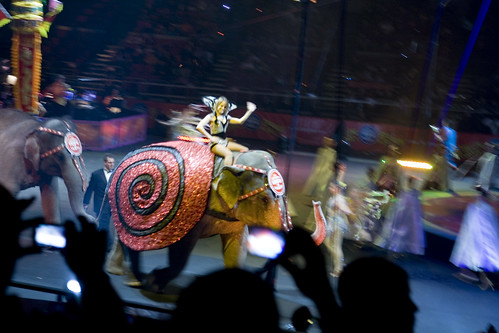The End of Christian America is, of course, not about the end of Christian America. It is about the end of the evangelical right’s dream and vision of their Christian America which is rightly identified as one of the temptations that Jesus said no to but one that the Church said yes too. As much as I agree about this article, I can’t help but question how much of our religious and cultural history is tied to the fact that we value rebellion, stressing it even more than the article above.
It reminds me of a story I read on another blog about how a mega church had discovered that their young people were now seeking high church services – services that were the opposite of the services their parents were participating in. The pastor of that story had success learning about liturgy (which was something he never heard of before). He went to discuss his findings at a conference only to be confounded by others from high church services who’s young people wanted low church/contemporary services. The pastor said that young people were “complicated”. Or maybe it has less to do with complication and more to do with our inherent desire, as young children, to seek out what is different from our parents.
The trick, of course, is that most revert back to their parents in some way as the years go by. But Americans have always valued the young and as our young generation now looks different than the old – more multicultural, more brown, less family oriented (even though the religious right tried to create a generation against that; they failed), the gen xers and millennials are now reverting away from what their parents wanted. And why? Because not only does America value rebellion (within a specific guidelines of course), America also tends to rewards them as well with a stable life. Societal mobility does not only mean that one is no longer limited to the status of ones birth – it also allows one to escape and move beyond the status of their childhood and life. As mainstream Protestant Christianity faded from the public eye and was replaced by the evangelical right, a large generation has begun to rebel away from their evangelical right traditions. And with the cultural makeup of the United States changing as well (when a town like Irving Texas has 70% of their elementary school students of hispanic descendent, that is a large cultural shift), there are currently other cultural and societal shifts that can consciously and subconsciously occupy our time.
The Evangelical Right’s political muscle broke in 2006 and started to fade as quickly as it had appeared. And it’s definition of what religious tradition is in the United States is going to fade as quickly as every other blowback has in the US tradition from various other Great Awakenings. The culture wars of the last decades does not necessary have to be defined by morality, judgment, class or race. It is, actually, defined by the fact that Americans are focused on the individual. We dislike “others” telling us what to do. And that, like the author says, is the United State’s real religion which is something that many people, on both sides of the aisle, don’t want to agree on because if everyone hates “others”, then we’re all the same. And if we’re all the same, the demons of our society are far too close to home.
